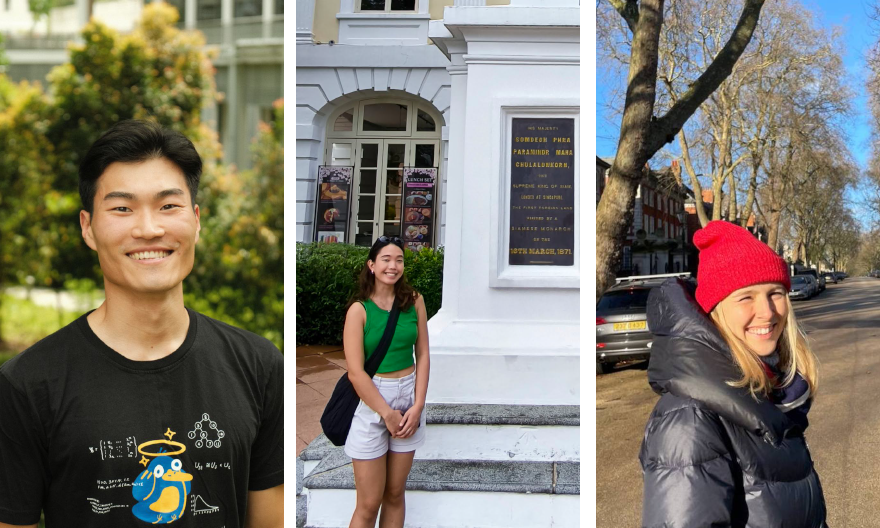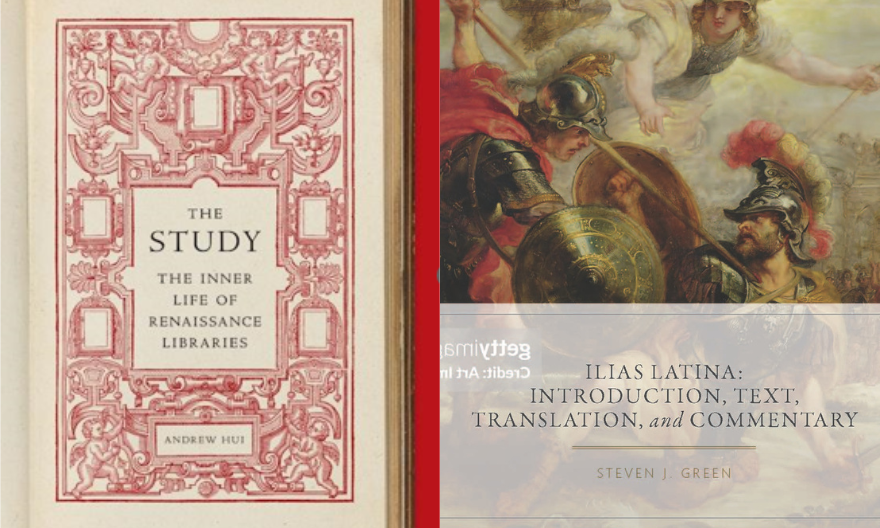Yale-NUS College inaugural Geopolitics Conference adopts a unique lens in discussing the US-China rivalry
Attendees gleaned distinctive insights from the Southeast Asian perspective
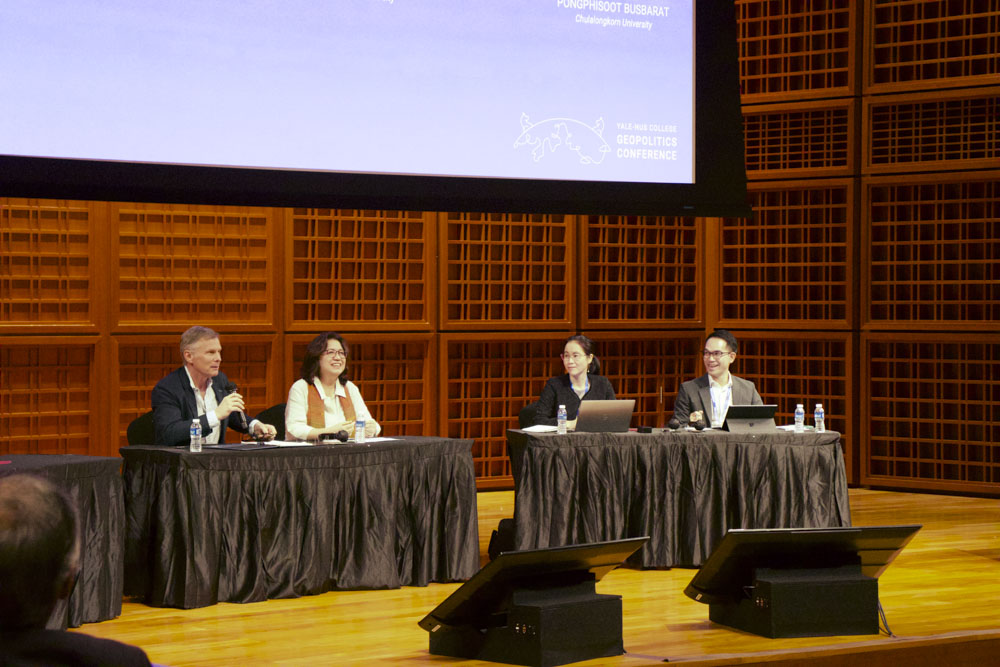
From 22 to 24 March 2023, Yale-NUS College organised its inaugural Geopolitics Conference titled “US-China Rivalry: Domestic Determinants of Foreign Policy in Southeast Asia” in partnership with the Lee Kuan Yew School of Public Policy, National University of Singapore (NUS) and Yale Jackson School of Global Affairs. The event, supported by the Tan Chin Tuan Chinese Culture & Civilisation Programme, focused on how domestic politics shaped the foreign policy of Southeast Asian countries, particularly how they positioned themselves between the United States (US) and China. The conference aimed to shed more light on how Southeast Asian states view the US-China rivalry.
The conference opened with a keynote address by Mr Ryan Hass, a senior fellow at Brookings Institution, where he is the Michael H. Armacost Chair in Foreign Policy Studies and the Chen-Fu and Cecilia Yen Koo Chair in Taiwan Studies. Mr Hass spoke about what he viewed as the root cause of the US-China competition, made a case for how the competition between US and China would remain for several years and touched on how regional states would and could respond to opportunities and challenges created by this competition.
Day Two kick-started with welcome remarks by President of Yale-NUS College and Professor of Social Sciences (Economics) Joanne Roberts and Ms Chew Gek Khim, Deputy Chairman from Tan Chin Tuan Foundation, while Professor Khong Yuen Foong, Li Ka Shing Professor in Political Science at the Lee Kuan Yew School of Public Policy at NUS delivered the second keynote speech. Using theories that he purposefully corroborated with examples on the ground, Prof Khong posited that the US-China geopolitical rivalry of today can be described by the power transition paradigm which envisions politics as a hierarchy of nations with varying degrees of cooperation and competition. With increased certainty of rival sinister intentions, a rather blasé attitude towards reassuring the other and an increasingly full spectrum competition which involves the whole of society, ranging from economics, military and technology to culture and soft power, Prof Khong concluded that the actions in the past decade by both US and China, such as the Belt and Road Initiative, the reactions to the balloon row and the tense exchanges at the US-China meeting in Anchorage, Alaska, were aimed at retaining pole position or wanting to displace the one in pole position.
Prior to the conference, scholars from across Southeast Asia were invited to submit papers, focusing on the foreign policies of Indonesia, Vietnam, Malaysia, Thailand, the Philippines, Laos and Singapore, in relation to the US and China. These papers were discussed by invited global and regional academics, students, members of public, as well as the paper authors themselves, during four panel sessions.
Tan Min Rui Edwin (Class of 2024) particularly enjoyed the format of the panel sessions, “In most conferences, the authors talk about their own paper and the audience comments. Here, the discussants first shared their comments, before letting the authors and audience members weigh in. This conversational style was thought-provoking and fun to follow.”
Dr Adhi Priamarizki, a Research Fellow at S. Rajaratnam School of International Studies, Nanyang Technological University, presented a paper on the context and drivers of Indonesia’s foreign policy, which was discussed during the first panel – “Domestic Factors in Southeast Asia’s Foreign Policy Orientation”.
On his experience at the conference, Dr Adhi shared, “I believe this conference is a great opportunity to learn and understand the responses of other Southeast Asian countries on the US-China rivalry. Meeting some great people working on the topic is another advantage of participating.”
During the panel where Dr Adhi’s paper was discussed, Professor Alice D. Ba, Professor of Political Science & International Relations at the University of Delaware, as well as Yale-NUS College Associate Professor of Social Sciences (Political Science) Chin-Hao Huang served as the main discussants who started off the lively discussion. They invited paper authors to consider how they might propose meaningful ways of categorising domestic factors, and challenged authors to create more space for comparison across and beyond Southeast Asian states. At the end of the dynamic conversation, attendees noted that despite the heat and rhetoric that frequently characterised US-China competition, the primary preoccupation of Southeast Asian leaders was in fact, regime survivability.
Attendees of the three-day conference included regional scholars, members of public and Yale-NUS College faculty and students. Some students, like Thittaya Prapinvanich (Class of 2025), attended the conference because these were topics close to home, “As a Thai, I’m curious to learn about how the academic realm views Thailand’s approach to balancing its foreign policy orientation.” Dolphie Bou (Class of 2023) also shared this curiosity. On her motivations for setting time aside to attend the panel sessions, Dolphie said, “I want to understand how [this issue] is being talked about from an academic perspective because I know what it looks like on the ground.”
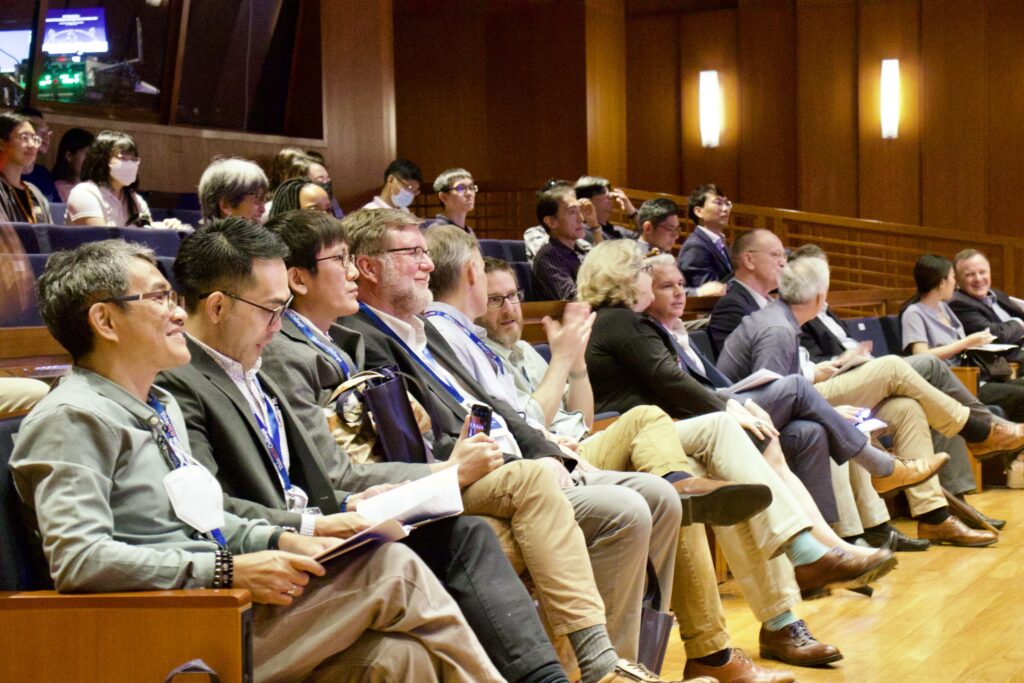
Others were interested in how this conference could contribute to their academic and professional lives. Global Affairs major Nikita Taratorin (Class of 2023) said, “As an aspiring policymaker, I really wanted to hear about how these speakers approached their analysis, what assumptions they were guided by, and learn about the role of actors I wouldn’t otherwise consider in my own analysis.”
“The key takeaway for me was that in foreign policy, domestic factors and actors matter way more than many may assume,” added Nikita, after attending the panel discussing “Outlook on US-China-Southeast Asia Relations”.
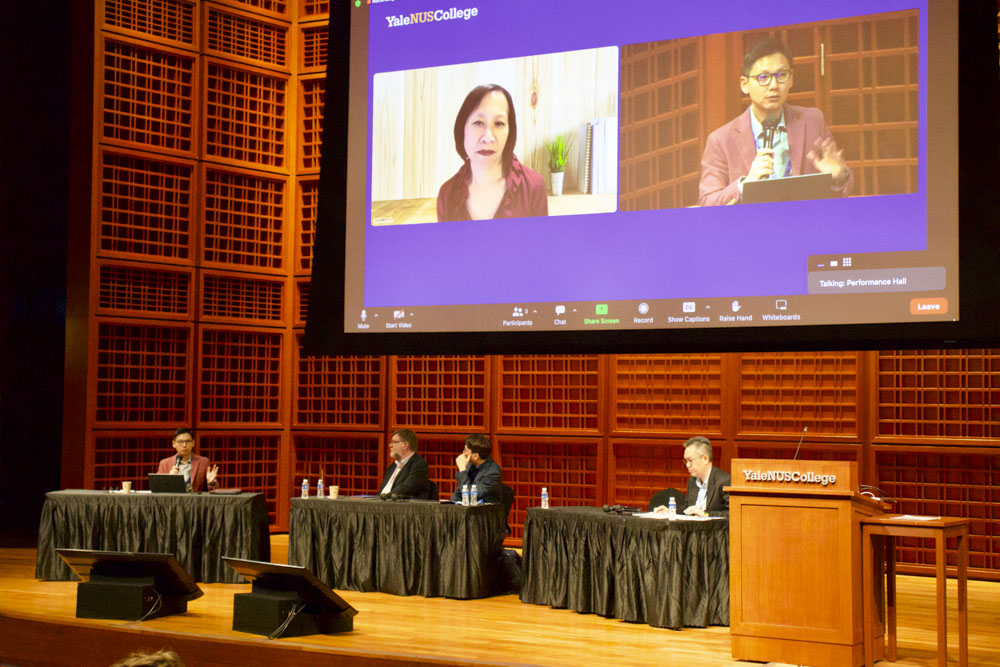
In his closing remarks, Assoc Prof Huang celebrated how the conference “flipped the script” that discussions about the US-China rivalry typically tended to follow. By looking at things from the refreshing perspective of domestic determinants instead of global trends, the participants of the conference shed more light on this timely and pertinent topic. Assoc Prof Huang concluded, “I hope this raises the need for a follow-up conference and more panels!”
Click here to view recordings of the conference.
This article was updated on 3 April 2023.

